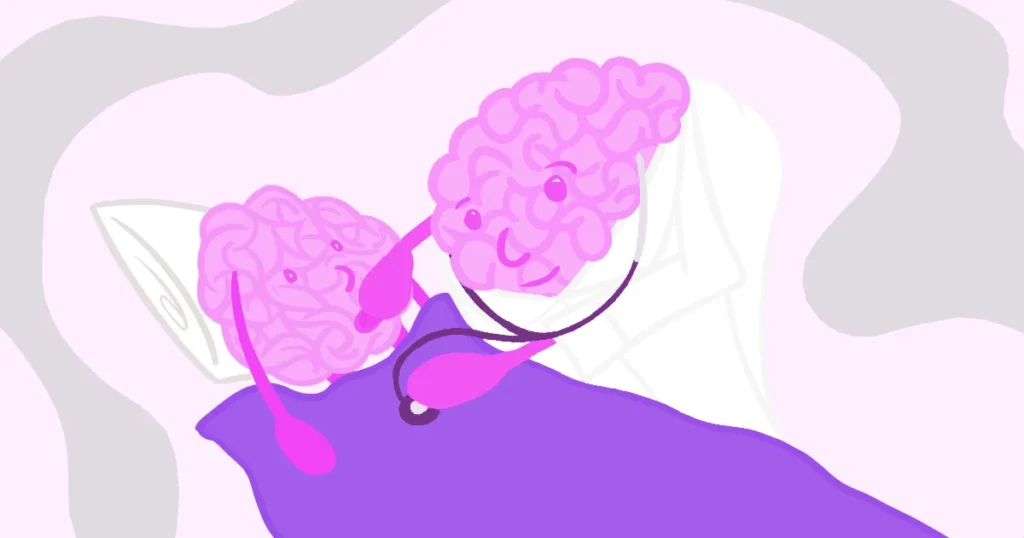How do you get a doctor nowadays?
- DOCTORS & PATIENTS IN COLOUR - HOW DO YOU GET A DOCTOR NOWADAYS?
In this scenario, a family doctor encounters Mr. and Mrs. Hodge. It’s a clear sign of trust and respect that the patient, Mrs. Hodge, asks if it’s okay for her husband to stay in the room. Shortly after, Mrs. Hodge talks about how she woke up at 3 a.m. the night before with a bad headache, alluding to a recurring problem troubling her. In light of this, Mrs Hodge phoned the practice to complain of severe headaches. She spoke to Doctor Mckenzie, who was unsympathetic, telling Mrs Hodge, “Uh! He just suggested that I took some aspirin and tried to get back to sleep.”.
Mrs Hodge was unhappy with the doctor’s senior partner’s less-than-compassionate response, which worried her somewhat. This incident highlights the significant impact of patient-centred care on patient satisfaction and outcomes. The doctor tried to defend his partner’s response by attributing it to Doctor McKenzie’s illness last year, age, and experience, saying, “he’s not as young as he used to be.”

Doctor Newman: A Voice of Sympathy
Meanwhile, the husband, Mr Hodge, interjected, noting that the last time they saw Doctor Newman, who would always come out to them to check Mrs Hodge over and was somewhat sympathetic towards them. The husband expressed that he felt how Doctor Newman conducts his practice is the behaviour he expects from a doctor and described Doctor Newman as a “real, sort of old-fashioned country doctor, as doctors ought to be.” They both made it clear that the care they received did not meet the standards they had previously experienced.
Then, During the conversation, Mr Hodge elaborated that the symptoms his wife was experiencing were not typical headaches but rather excruciating migraines.
Lastly, the general practitioner continues the story, revealing that his senior partner’s advice to take aspirin was adequate and allowed the patient to fall back to sleep; however, at this junction, the husband interrupts angrily and asks, “That’s not the point! How on earth do you get a doctor in an emergency these days?” This situation highlights the challenge of handling irate patients who feel upset. Possible strategies for addressing this couple’s anger can be explored further in group discussions.
When are the most convenient times to contact a doctor for a consultation?
Patients often complain that it is impossible to get an appointment at any time. What do you think?
What should you do when you need to get hold of your doctor at night?
Do you think it is better to call 111 or, “Back in the olden days,” you could contact your local practice.
